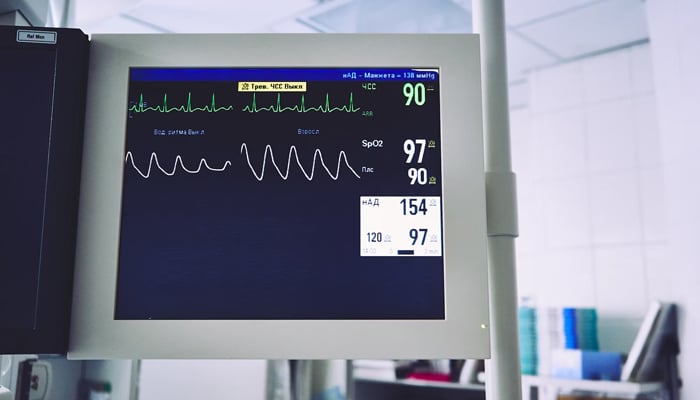

Screening for chronic illnesses such as diabetes or fatty liver disease might one day be as simple as checking the temperature of your nose, eyes, or cheeks, researchers reported Tuesday in the journal Cell Metabolism.
The temperature of various facial regions is linked to different chronic diseases, according to the study. Utilizing an AI-driven thermal camera, doctors could potentially detect diseases earlier, researchers said.
"Aging is a natural process," said Jing-Dong Jackie Han of Peking University in Beijing, China, in a news release. "But our tool has the potential to promote healthy aging and help people live disease-free."
In their study, researchers analyzed facial temperatures of over 2,800 Chinese individuals aged 21 to 88 to determine if these readings could indicate health status. Data was fed into an AI program that identified key facial regions where temperatures were significantly related to age and health.
Read: Is the Future of Women’s Health Safe in the Hands of Artificial Intelligence?
The results showed that metabolic disorders like diabetes and fatty liver disease cause higher temperatures around the eyes compared to healthy individuals. Similarly, high blood pressure leads to elevated cheek temperatures. Researchers believe this increase is due to inflammation associated with chronic diseases, causing temperatures to rise in specific facial areas and creating a "thermal clock" for detecting illness.
"The thermal clock is so strongly associated with metabolic diseases that previous facial imaging models were not able to predict these conditions," Han said.
As a next step, researchers conducted an experiment to see if a healthy habit could influence a person's thermal clock. They had 23 participants jump rope at least 800 times daily for two weeks. Surprisingly, the participants reduced their thermal age by five years through this short burst of exercise.
The research team plans to explore if thermal facial imaging can diagnose other illnesses like sleeping disorders or heart problems.
"We hope to apply thermal facial imaging in clinical settings, as it holds significant potential for early disease diagnosis and intervention," Han said.












